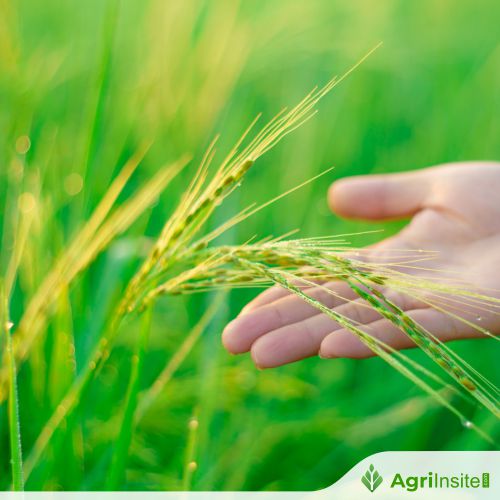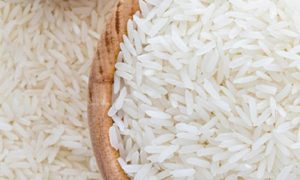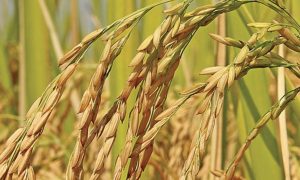Research institute favours climate-friendly non-puddled rice cultivation for kuruvai crop in delta districts

A five-year study by the Tamil Nadu Rice Research Institute confirms that non-puddled machine transplanting (NPMTR) can cut water, fuel, energy, and labour use by up to 50% without reducing yields. Compared to conventional puddled transplanting, NPMTR lowered cultivation costs by ₹5,880 per hectare, making it a climate-smart, cost-effective farming practice.
The Tamil Nadu Rice Research Institute (TRRI), Aduthurai, has reaffirmed the potential of non-puddled machine transplanting (NPMTR) as a climate-smart, cost-efficient alternative to conventional puddled rice cultivation — reducing water, fuel, energy, and labour use by nearly 50% without compromising on yields.
In a five-year field study conducted from 2016 to 2020, researchers compared NPMTR with puddled machine transplanting (PMTR) across the clay-dominant delta soil of Thanjavur. While yields remained comparable — 4.82 tonnes per hectare under NPMTR versus 5.06 tonnes per hectare under PMTR — the resource efficiency of NPMTR stood out. Fuel use decreased by 61.9%, energy by 50.6%, and water by 21%. Simplified field preparation, requiring just three tillage operations, reduced cultivation cost by ₹5,880 a hectare.
To Read more about Rice News continue reading Agriinsite.com
Source : The Hindu















